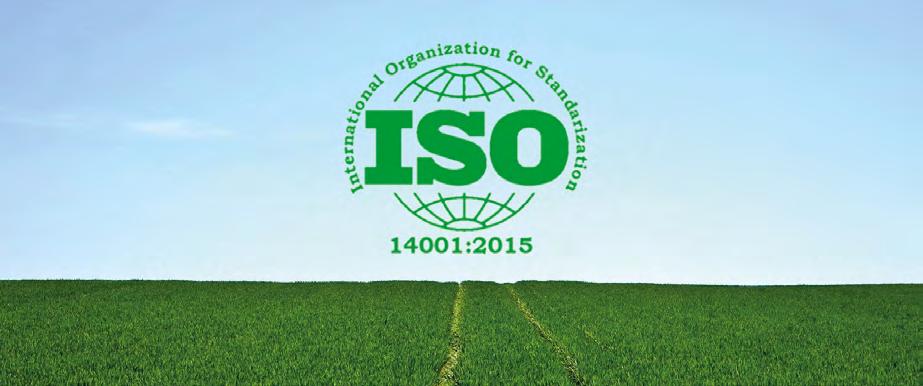
2 minute read
CORPORATE GOVERNANCE
The Corporate Governance model adopted by Comer Industries is traditional and includes the Board of Directors (BoD), which strategically guides the management of the Group, the Board of Statutory Auditors, which supervises the work of the BoD and the Audit Firm, in charge of the statutory auditing and accounting management.
Shareholders’ Meeting
Shareholders’ Meeting is the collective body that expresses the will of Comer Industries’ shareholders. In particular, the Meeting approves the Financial Statement and appoints BoD members.
Board of Statutory Auditors
The Board of Statutory Auditors is the monitoring body of the Company in charge of supervising Directors work and controlling that Company management and administration are carried out in compliance with the law and the articles of association.
CORPORATE BODIES
Board of Directors
It is the Administrative Body that leads and manages the Company, except for activities in charge to Shareholders’ Meeting. The BoD is responsible for Company’s strategic and management guidelines, it verifies the appropriateness of organizational structure and the suitability of necessary controls to monitor Company performance.
Matteo Storchi
President and Chief Executive Officer
Cristian Storchi Vice President and Board Member Luca Gaiani Board member Matteo Nobili Board member Arnaldo Camuffo Board member Marco Storchi Board member Paola Pizzetti Independent Board member Male Female
57% 29%
FROM 31 TO 50 YEARS AGE
14%
OVER 50 YEARS AGE
Luigi Gesaldi President Corrado Baldini Statutory Auditor Massimiliano Fontani Statutory Auditor
Audit Firm
It is an external body in charge of statutory auditing and is appointed by Shareholders’ Meeting. On 29 April 2019, the Shareholders’ Meeting of Comer Industries S.p.A. appointed Deloitte & Touche S.p.A. as the firm in charge of the statutory audit for the financial years 2019 to 2021.
ORGANIZATIONAL STRUCTURE
The organizational structure is made up of Corporate or Staff Managements, which operate transversally within the Company (Brand & Integration, Finance & Digitization, Human Resources & Organization, Quality & Lean Development) and Business Departments (Research & Product Development, Sales & Marketing, Industrial, Research & Product Development) which are responsible respectively for defining and directing new product development processes, defining commercial and marketing actions at a global level and coordinating industrial activities such as Engineering, Purchasing, Production, Logistics.
BRAND & INTEGRATION CEO
QUALITY & LEAN DEVELOPMENT
FINANCE & DIGITIZATION HR & ORGANIZATION
SALES & MARKETING INDUSTRIAL
RESEARCH & PRODUCT DEVEVLOPMENT
EXTERNAL INITIATIVES, MEMBERSHIP OF ASSOCIATIONS
As a further evidence to the commitment to reducing CO2 emissions and protecting the environment, Comer Industries has been registered for the Carbon Disclosure Project (below CDP) since 2015, which provides businesses, local authorities, governments and investors with a comprehensive system of environmental measurement and reporting. There are currently more than 9,600 companies participating in CDP surveys on Climate Change, Water, Forests programs with the ultimate goal of building a global economic system that is attentive to environmental sustainability. In 2020 Comer Industries participated in the Climate Change program, obtaining the C score on an A-D scale, in line with the European average and consistent with the gradual but continuous development of the Company’s environmental performance. As at the date of this document, Comer Industries does not adhere to or has not subscribed to further declarations of principles, codes, international charters developed externally in the areas of reference of sustainability.
Comer Industries adheres to the EcoVadis platform for the evaluation of its sustainability performance. EcoVadis is a universal provider active in more than 160 countries and with more than 75,000 companies evaluated. Comer Industries shares with its stakeholders, in line with the principles of transparency, the results of assessments and improvement actions.



